Disclaimer: The information provided on this website does NOT constitute medical advice, and should NOT serve as the basis for any medical decision by you. Please consult with a physician or other medical professional should you have questions regarding information contained in this section of our Website. This was a great question from a comment on my ADHD Tips for Parents infographic. With a limited amount of space, I summarized the side effects of heavy caffeine use in my infographic. I wanted to post our discussion here for other parents of children and teenagers with ADHD. First off, I am not "pro" or "anti" medication. Especially since much of my time is spent helping children with ADHD, Autism and Asperger's with neurofeedback, which is considered an alternative to medication. Medication, just like every other therapy for ADHD, must be considered on an individual basis with the help of a qualified mental health or medical professional. Why is caffeine a problem for people with ADHD?I am not talking about occasional caffeine consumption. People who have underactivity in the frontal lobe area of the brain (read people with ADHD) will usually not limit themselves to 1 or 2 cups per day. They might be able to limit it at first, but eventually the "crash" from caffeine will yield more underactivity and they will begin seeking to manage the increase in underactivity, usually with more caffeine. This starts a cycle where individuals are self-medicating with several cups of coffee or sodas each day. This, in and of itself, has numerous ramifications. Migraines are often the result of a missed "dose" of caffeine in these cases. The sugar in regular sodas can lead to weight gain, contribute to diabetes, and results in poorer nutrition, since there is less room in the appetite for health calories. (I realize that appetite is also a problem for stimulant medication, I'll get to that). So, what about diet soda?If a person switches to diet soda, we usually see the same cycle of increasing use to combat the increasing underactivity. In addition, the sugar free additives in diet soda can contribute to migraines, panic attacks, anxiety, among other things. There are also the other side effects you mentioned of increased anxiety, palpitations, etc. I would say that caffeine use in doses larger than one or two caffeinated drinks per day is not really safe in the long run. Damage to the brain from caffeineDr. Daniel Amen discusses the long term damage caused by caffeine extensively in his book, Change Your Brain, Change Your Life. Dr. Amen is a psychiatrist who specializes in ADHD and other mental health issues. He has personally evaluated tens of thousands of SPECT scans (single photon emission computed tomography). These scans show a few different things, but primarily the 10% most active parts of the brain and the 10% least active parts of the brain. If you read his book you'll see that more normal brains have scans that are smooth with random little lumps across the surface. Brains that are having difficulty functioning show deep pits or pock marks in different areas of the brain. Amen details which areas indicate which problems and describes what he has seen. He is an expert in this area and has sound data to back up his claims. Many of my suggestions are based on what he writes in his books on the ADHD brain. Who should not take stimulant medication?As for stimulant medication with side effects. You always have to look at the risk factors for any potential side effects against the potential benefits. When a potential risk factor outweighs the potential benefit than a doctor is ethically bound to find other solutions. According the the Mayo Clinic article on ADHD, extreme cases of sudden death are believed to be related to underlying heart conditions. Therefore, if a client has a family history of heart problems or has any indications of heart issues, a doctor needs to carefully evaluate these red flags. They also list other cases where stimulant medications may not be appropriate, in the cases of increased aggression for example, if a child is already known to be aggressive, stimulant medication may not be a good idea. However, a child in this case would also likely react similarly to caffeine with increased aggression. It is also not recommended for clients who have a history of psychosis to be prescribed stimulant medication. Those with past addictions or addictive behaviors, should always be carefully evaluated by their doctor before being prescribed a stimulant medication and may not be good candidates for this type of therapy. (However, they are usually well-suited to neurofeedback as an alternative.) Stimulant medication is fairly safe in therapeutic dosesSo, if we appropriately eliminate clients who would potentially be harmed, this type of medication tends to be fairly safe in regulated therapeutic doses. Dr. Amen, also talks about this in each of his books and has good evidence that therapeutic levels of these types of medication do not cause the same long term damage to the brain as high doses of caffeine. Therapeutic dosage is particularly important. When taken recreationally, doses are much, much higher and tend to cause the same types of issues as heavy caffeine use. For example, Adderall used recreationally yields the same upward spiral and need for increased amounts, increased crashing and underactivity, as well as withdrawal, frustration, tiredness, etc. Potential Benefits for ADHDSo, what about the potential benefit? For a portion of the ADHD population, they will achieve success and find ways to cope with their symptoms with or without medication. However, they will typically find they have more severe problems in adulthood when trying to maintain a complicated or stressful job, succeed in marriage, raise children, or run a household. For many people with ADHD, who experience moderate to severe ADHD, they will likely struggle through school are much more likely to drop out of high school and college, make poor grades, and have a very difficult experience in terms of social interaction. This is part of why depression and anxiety are very common with ADHD, but that's another topic all together. If therapeutic doses of stimulant medication are typically safe, barring potential risk factors, and make these individuals much more likely to succeed, I can't argue that medication is less safe or a poor parenting choice. What about medication alternatives?All that being said, I am still a big fan of alternatives when they are appropriate. Neurofeedback is a great alternative or complimentary option when considering ADHD treatment. The American Pediatric Association has elevated biofeedback to a Level 1 - Best Support Intervention for Attention and Hyperactivity. I would also suggest looking into fidget strategies for anyone with ADHD, whether they are medicated or not. Appropriate fidgets help individuals with ADHD to pay attention, stay-on task, and accomplish more. Let me know in the comments what you think about caffeine vs. stimulant medication. I always answer thoughtful comments and would really like to hear what you think. Disclaimer: The information provided on this website does NOT constitute medical advice, and should NOT serve as the basis for any medical decision by you. Please consult with a physician or other medical professional should you have questions regarding information contained in this section of our Website. Up Next in the ADHD Tips for Parents Series:
|
Nikki Schwartz,
|
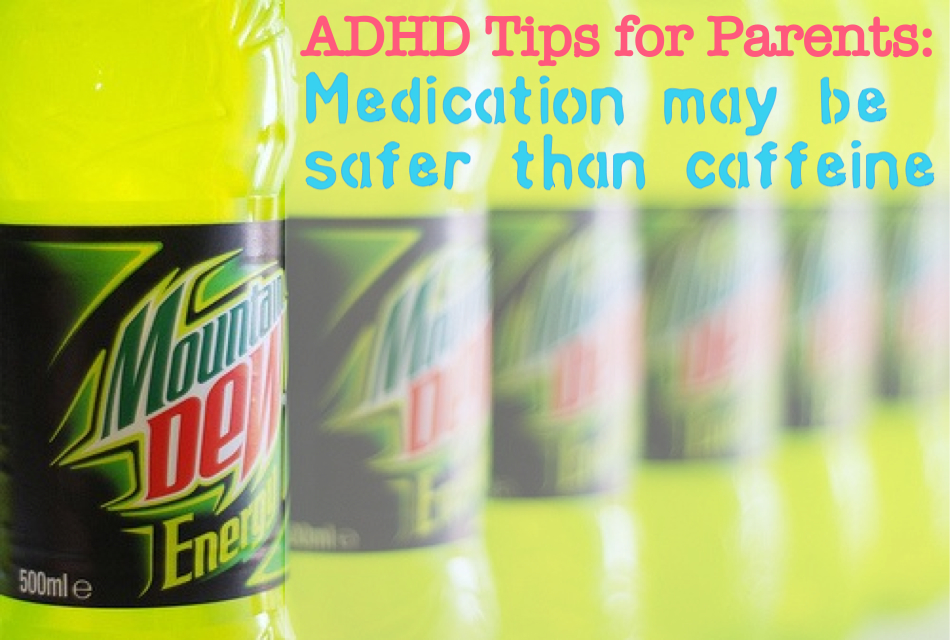

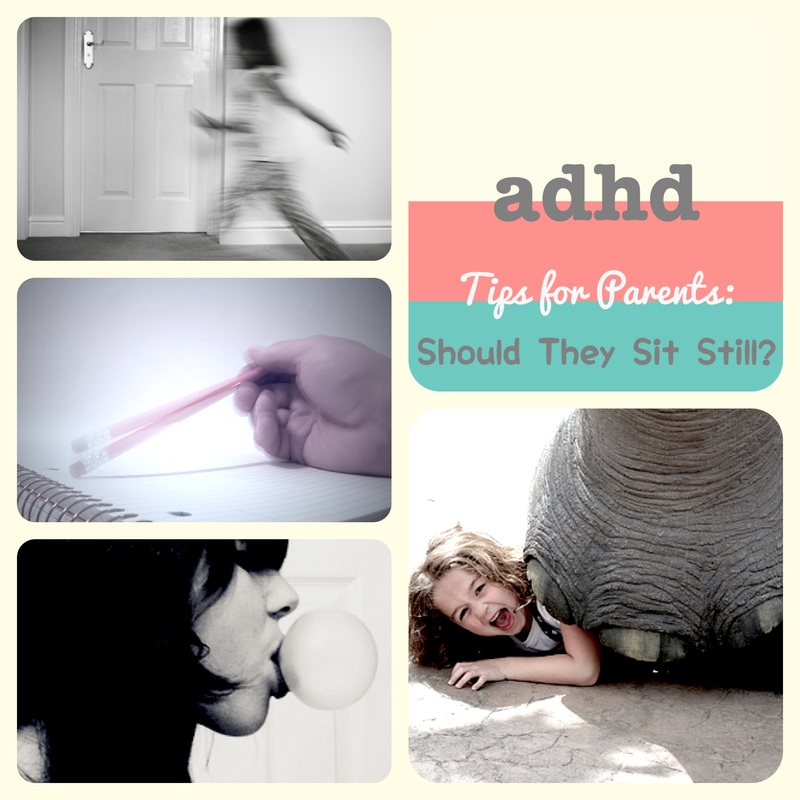
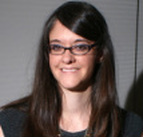
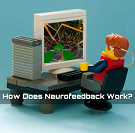
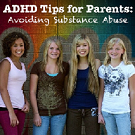
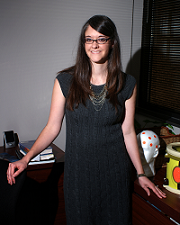
 RSS Feed
RSS Feed
